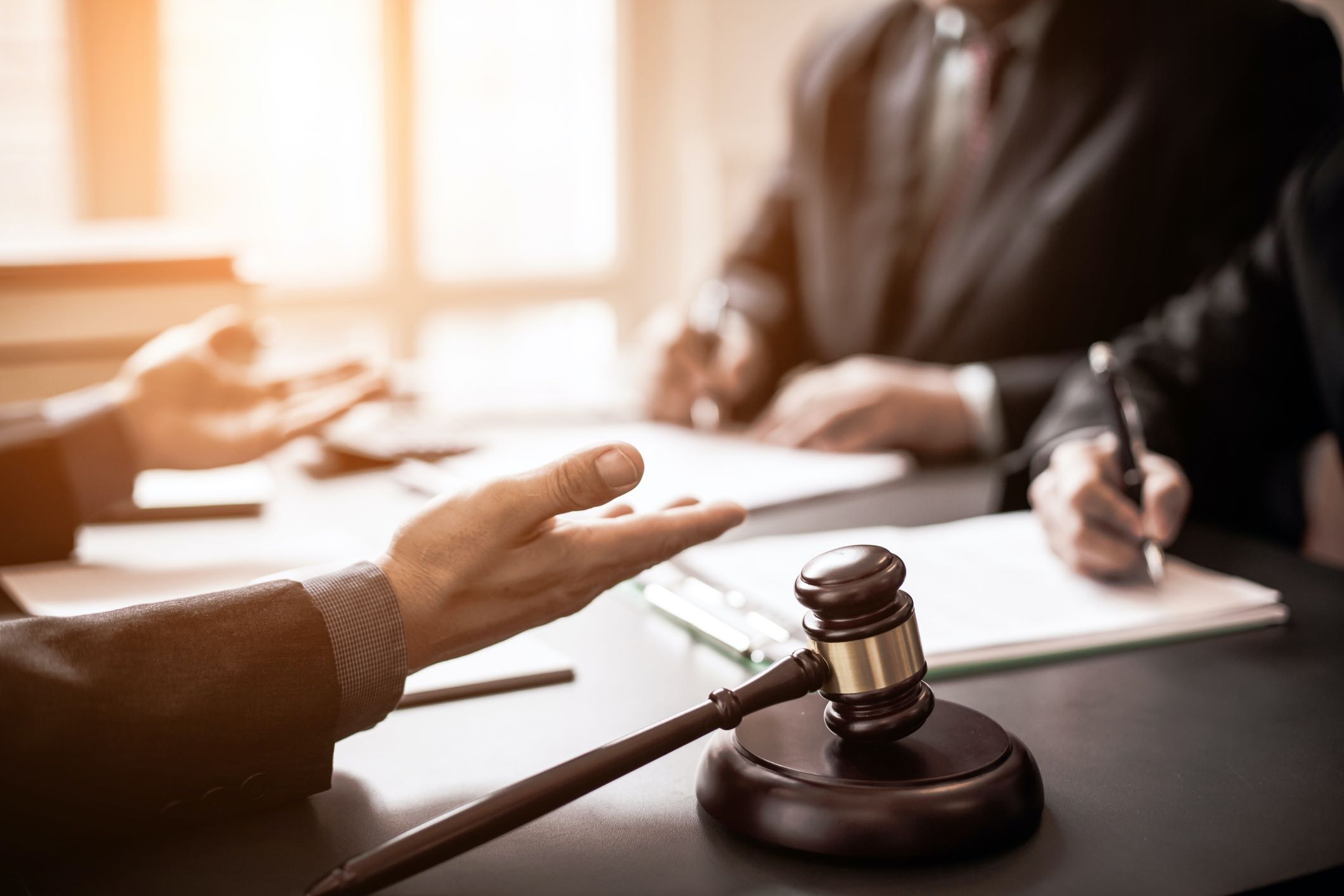“Dealing with the media in a high-profile case probably is not a matter for amateurs…Lawyers cannot be faulted for concluding that professional public relations advice was needed.”–Judge Lewis Kaplan of the U.S. District Court for the Southern District of New York re: grand jury
The higher profile the case, the more requests for comment are received. Savvy reporters and journalists know how to disarm their sources. And while it’s flattering to be sought after, members of the legal team must stay focused on the case/client:
1. Understand the rules of “on the record” and “off the record.”
2. Be professional, polite and speak definitely.
3. Share prepared key messages with the reporter to stay aligned with the legal strategy.
When the reporter persists, which they undoubtedly will, as it’s their job, use bridge transitions such as, “Thank you for your interest, but the real point is…” “May we schedule another time to talk?” Transitions will professionally point the conversation in a new direction, place it on pause and give the litigation communications team time to research the following:
1. Who is the reporter?
2. What publication or outlet does the reporter represent?
3. Does the reporter have knowledge of the story?
4. Has the reporter previously covered the story?
5. What is the reporter’s story angle?
6. Who else has the reporter spoken to?
7. What is the reporter’s deadline?
As appropriate, the litigation communications team will arrange for an interview with a representative from the legal team and/or the client. Preparations such as media training, Q&A sessions, and mock interviews will be held prior to the interview to ensure the conversation is aligned with the overall reputation management strategy.
ANACHEL Communications specializes in high-profile litigation, crisis and strategic communications. Our media training program and bespoke reputation management practitioners help our clients navigate the narratives when it matters most. Reach out to carrie@anachel.com to find out how our expertise and experience can help your practice and clients.






